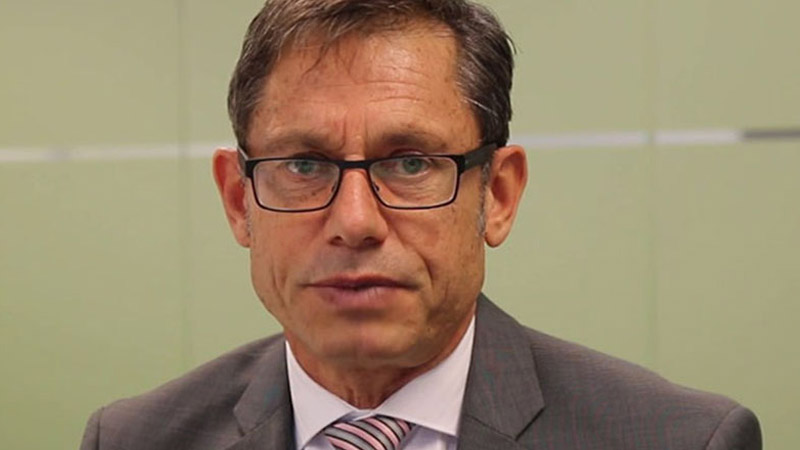Government pushed to rectify SG loophole
The Institute of Public Accountants has questioned why the passage of a measure to fix a loophole in the SG system relating to salary-sacrificed contributions has been so delayed.
Last week, the government introduced Treasury Laws Amendment (2019 Tax Integrity and Other Measures No. 1) Bill 2019, which includes a measure to ensure that an individual’s salary sacrifice contributions cannot be used to reduce an employer’s minimum SG contributions.
Under the current law, salary-sacrificed amounts count towards employer contributions that reduce an employer’s mandated SG contributions, with employers able to calculate SG obligations on a lower post-salary sacrifice earnings base.
The bill aims to shut down this loophole by making it explicitly clear that employee salary sacrifices to superannuation cannot reduce an employer’s SG charge, and that SG is paid on the pre-salary sacrifice base.
It also specifies that an employee’s OTE base is comprised of their OTE and any amounts sacrificed into superannuation that would have been OTE, but for the salary sacrifice arrangement.
The measure was previously included in the Treasury Laws Amendment (Improving Accountability and Member Outcomes in Superannuation Measures No. 2) Bill 2017 that lapsed with the dissolution of the 45th parliament.
Institute of Public Accountants general manager of technical policy Tony Greco said it was appalling to know that the measure was still before parliament after being first introduced in late 2017.
“We congratulate the government for resurfacing the bill, but the question is, why hasn’t it been passed into law and why has it taken so long?” Mr Greco said.
“If you’re an employer who is looking after your employees, you would never do that and most would never do that even if the law allows for it, but it is interesting that we haven’t tidied that up.
“Everyone would be appalled that the change to the law which allows someone to do that hasn’t been fixed, and yet here we are talking about raising super from 9.5 per cent to 12 per cent.”
Should the measure be passed without amendments, it will apply from 1 July 2020.


